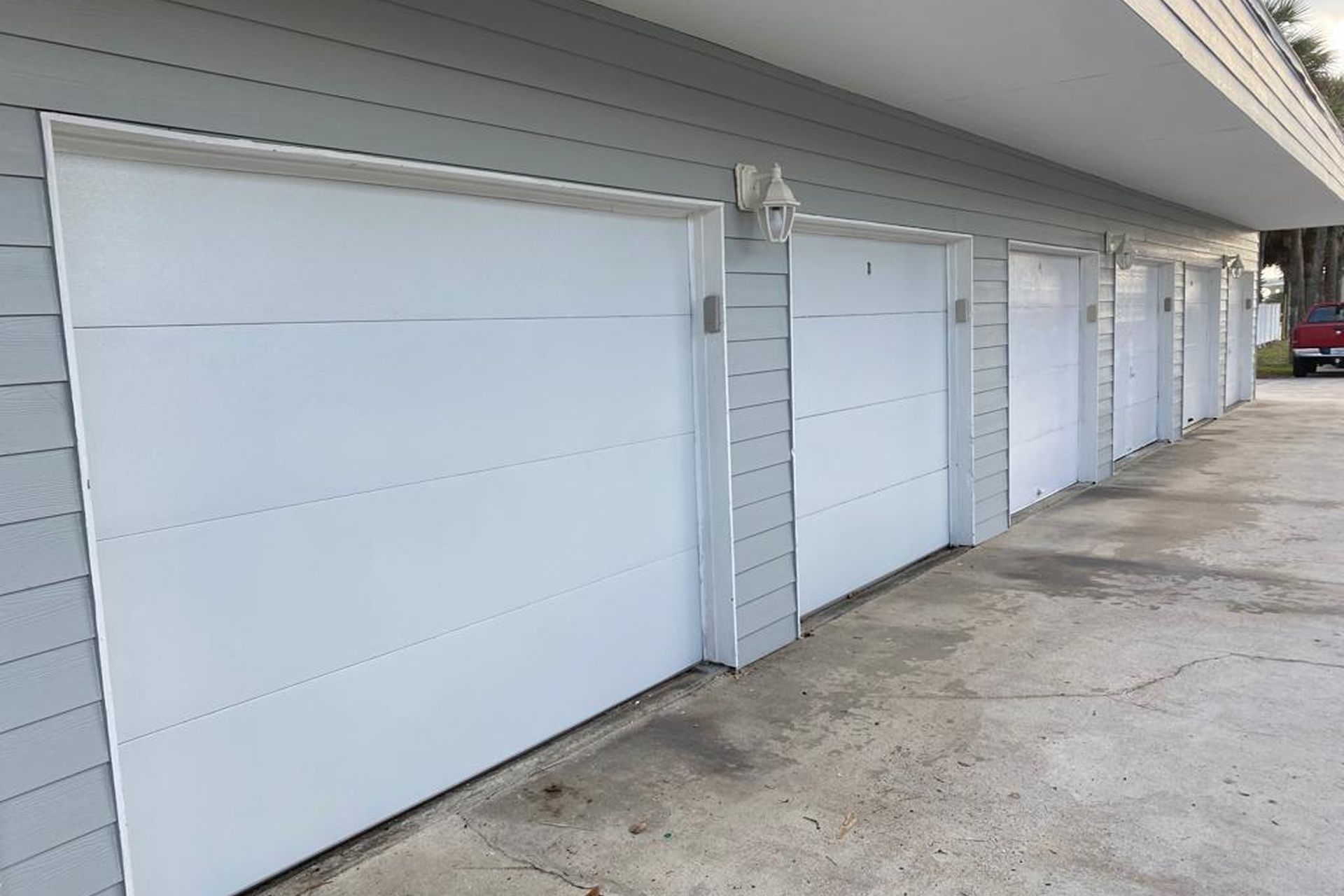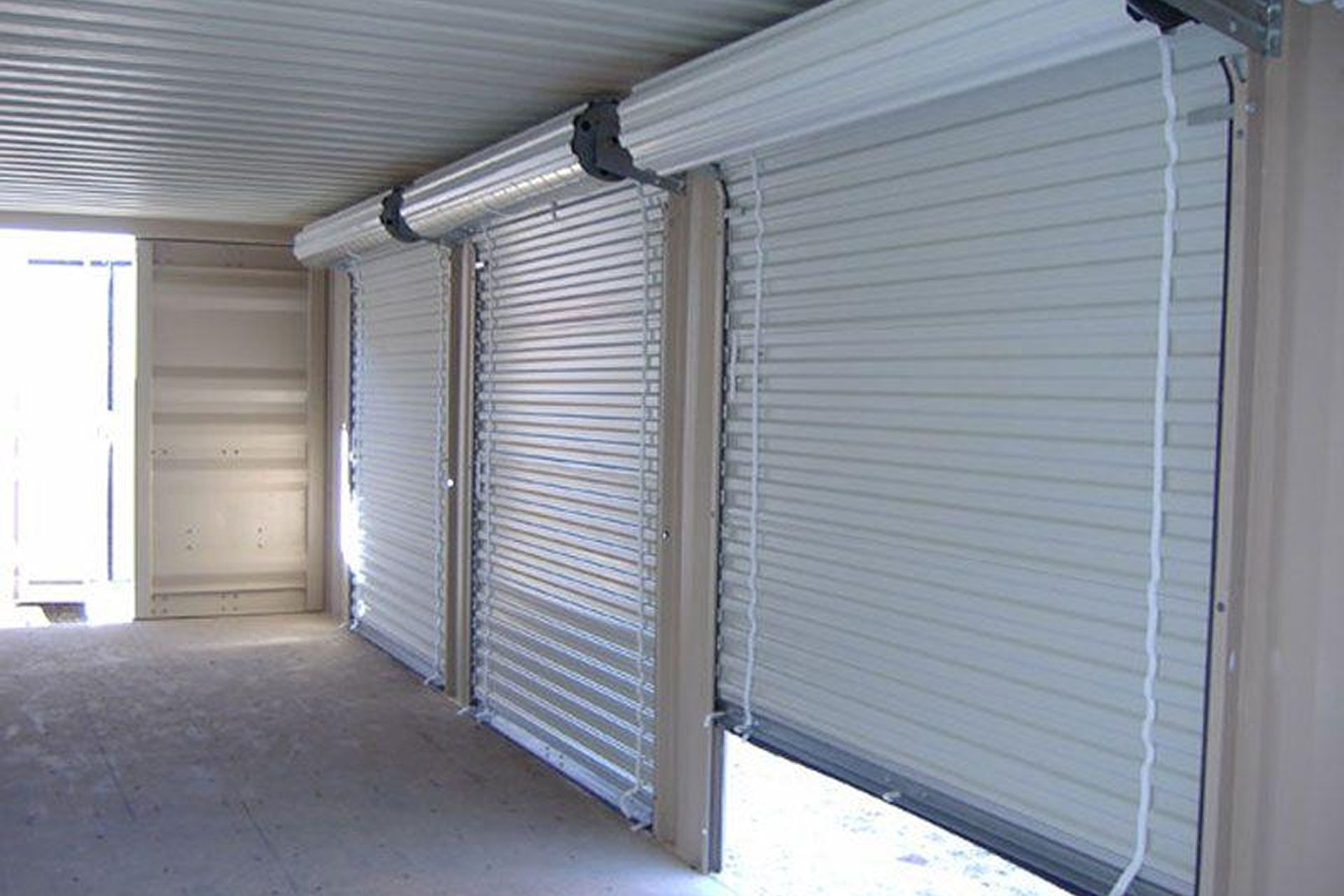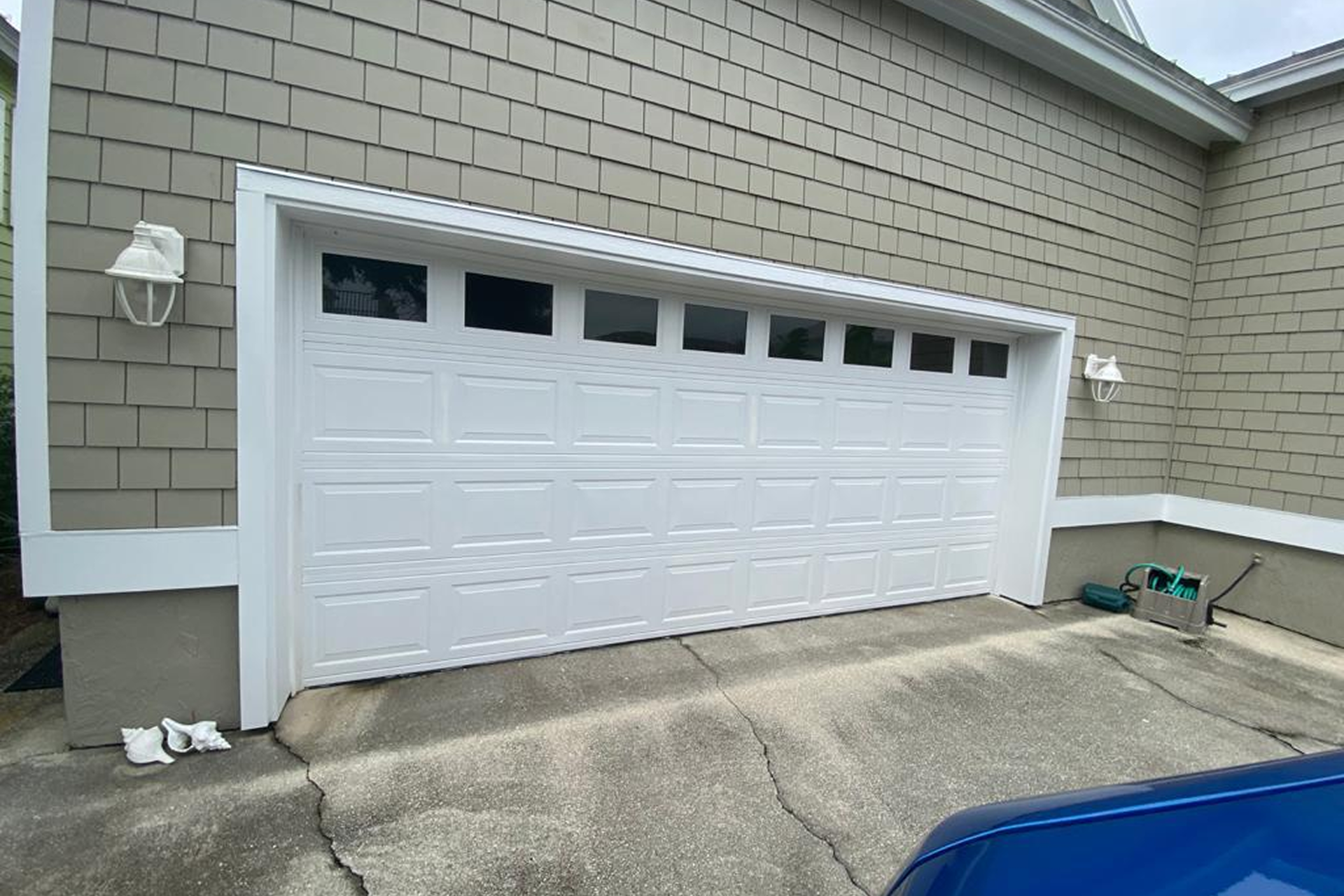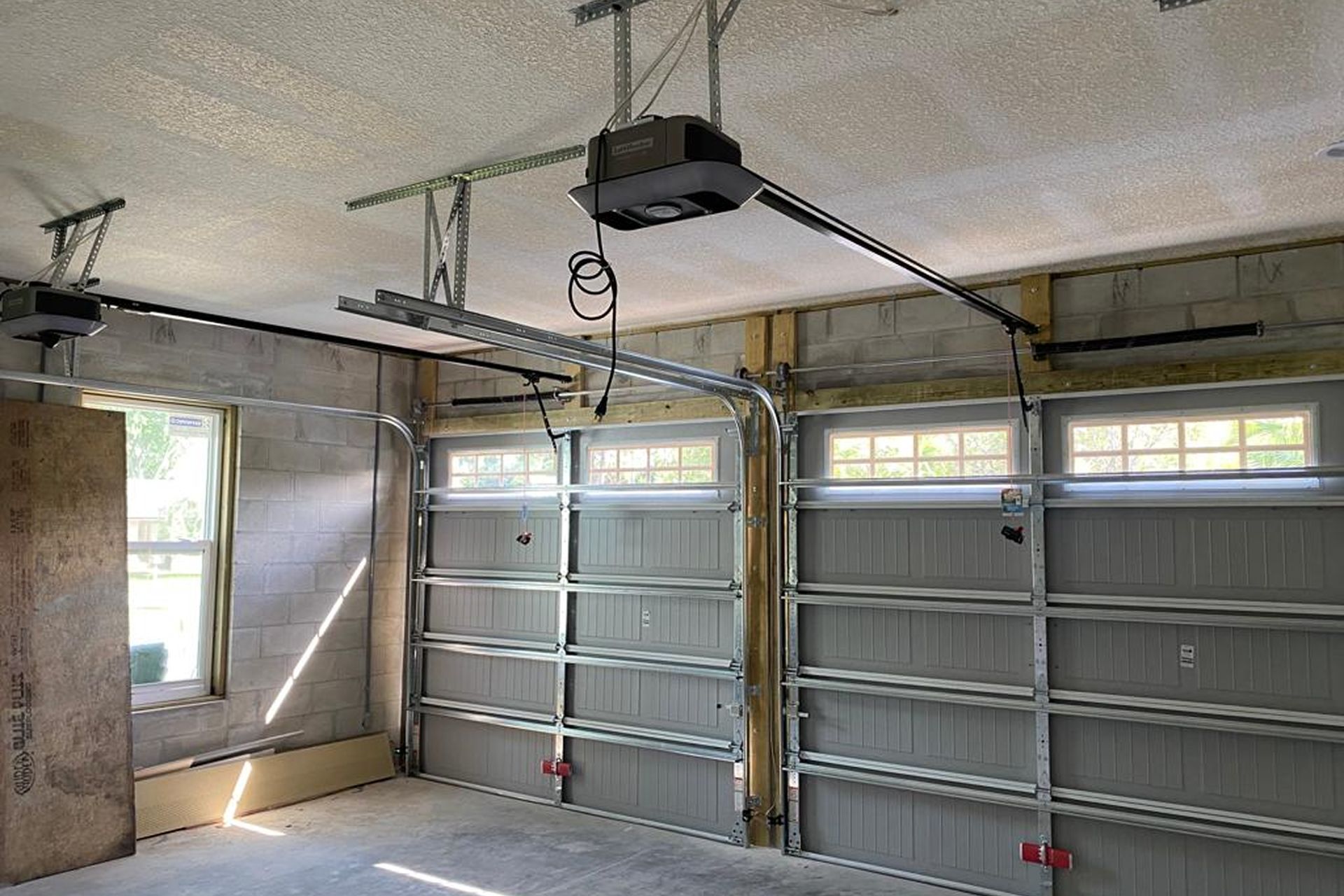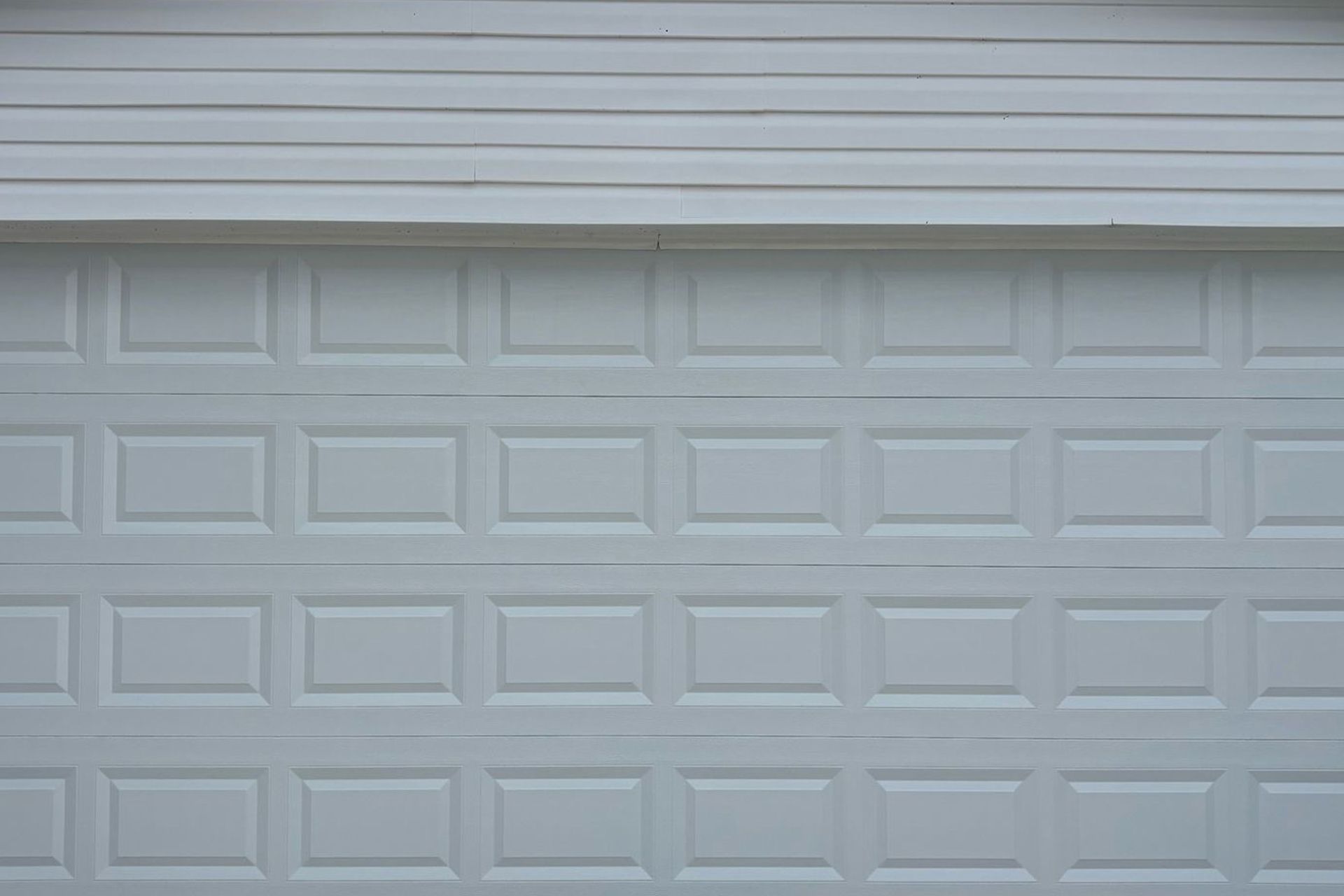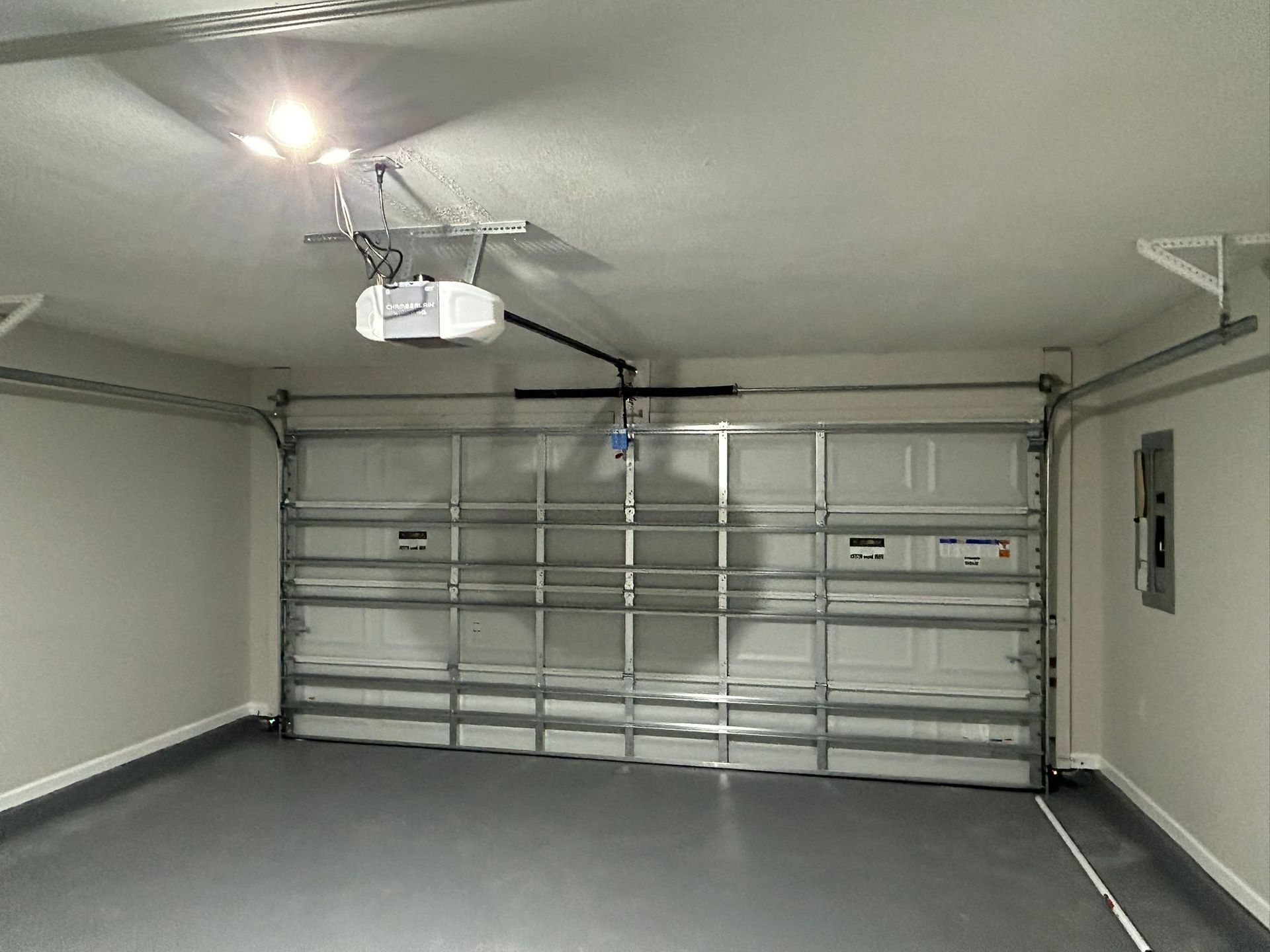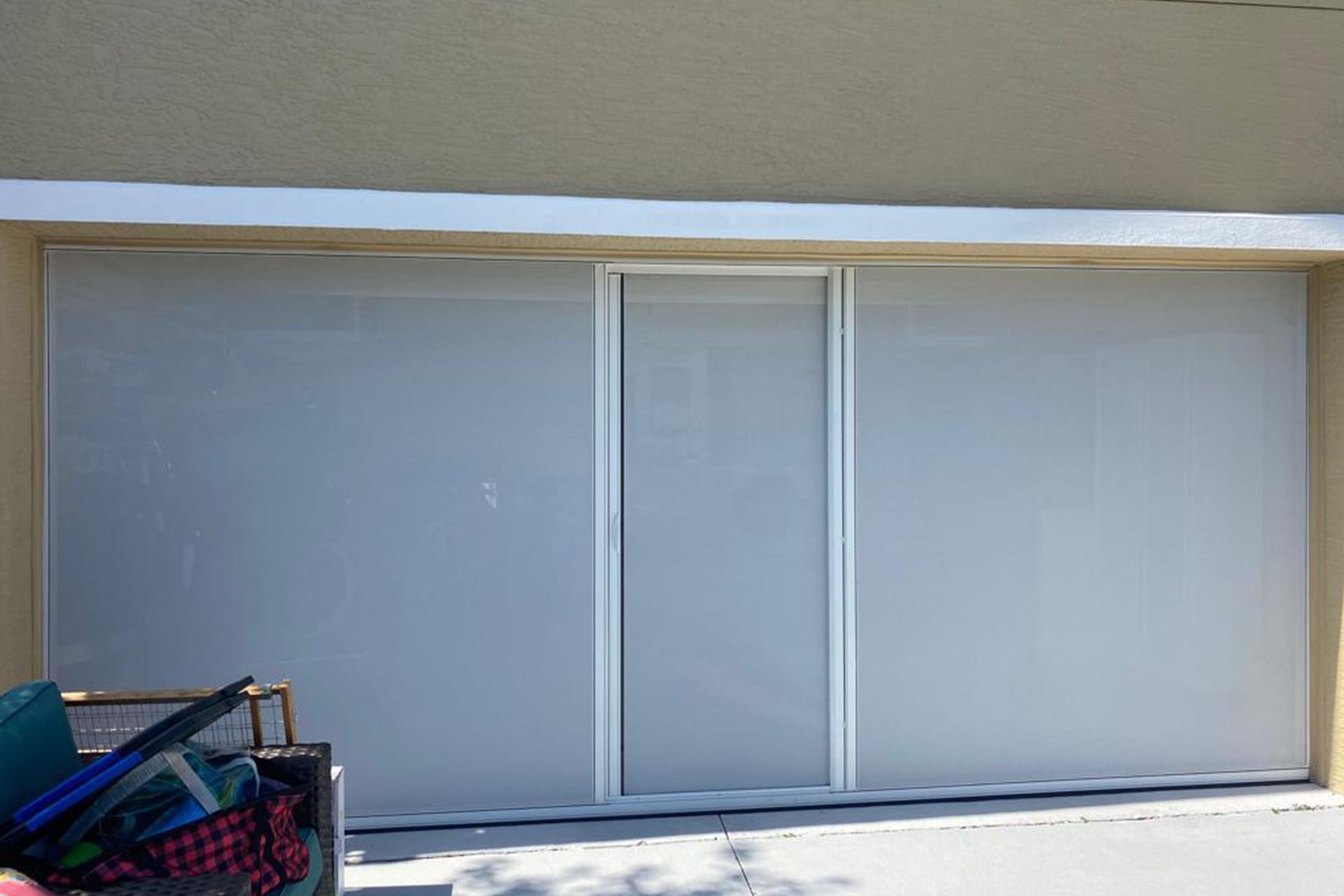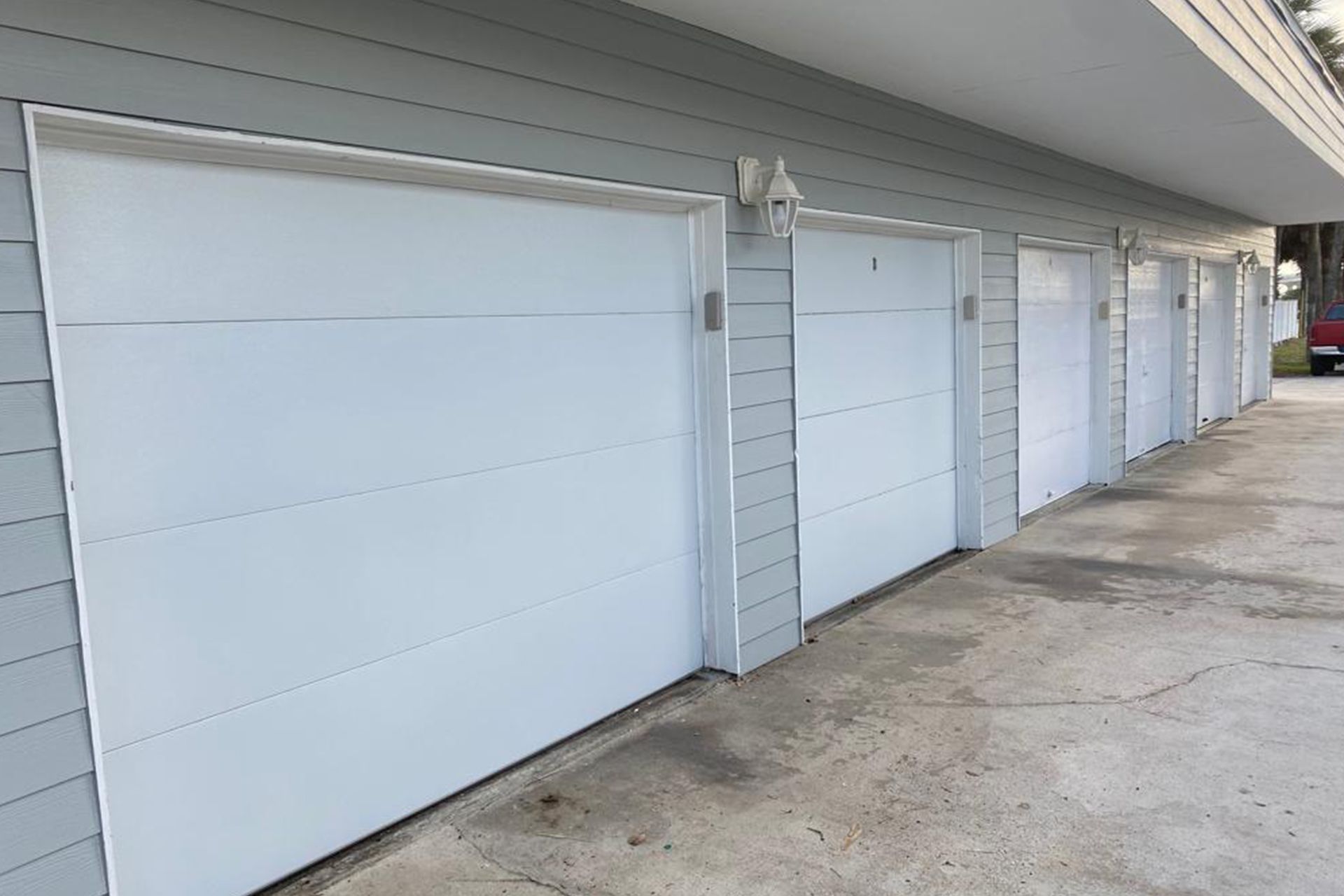Why Garage Door Sensors Fail—and How to Recalibrate Them
Garage door sensors play a critical role in ensuring the safe operation of your garage door system. They detect obstacles in the door’s path, preventing accidents and damage. However, like any mechanical component, garage door sensors can fail over time. If you're experiencing issues in Nocatee, FL, understanding why sensors fail and how to recalibrate them can help restore your system’s functionality.
Why Clean Garage Door Sensors Might Still Fail
Though your sensors may appear clean and functional, underlying issues could still be affecting their performance. Misalignment, dirt buildup, or aging components can cause operational problems. Understanding the causes of sensor failure is the first step in resolving the issue.
Common Causes of Sensor Failure
- Misalignment: Sensors must face each other directly for proper operation. Even slight vibrations or bumps can cause misalignment.
- Dirt and Debris: Dust, dirt, and spider webs can obstruct the infrared beam, preventing the sensors from detecting objects in their path.
- Wiring Issues: Frayed or loose wires can cause intermittent sensor malfunctions.
- Electrical Interference: Nearby appliances or power surges may interfere with the sensor's signals, causing erratic behavior.
- Aging Components: Over time, sensors degrade, requiring replacement to maintain optimal functionality.
How to Recalibrate Garage Door Sensors
If your sensors are malfunctioning, follow these steps to recalibrate them:
- Inspect for Obstructions: Clean any dirt or debris from the sensor lenses.
- Check Sensor Alignment: Ensure both sensors are facing each other directly without any angle deviation. Adjust them gently if needed.
- Examine Wiring Connections: Look for loose or damaged wires and repair or replace them if necessary.
- Test the Sensors: Test by closing the door and placing an object in the sensor’s path. The door should reverse if the sensors are working correctly.
- Repeat Adjustments: If recalibration fails, try adjusting the sensors again until the issue is resolved.
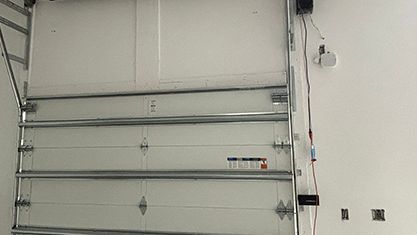
When to Call a Professional
If recalibration doesn’t solve the problem, it may be time to call a professional. Consider expert help when:
- Persistent Issues: If sensors continue to malfunction or misalign frequently, a technician can pinpoint the underlying issue.
- Visible Damage: If sensors or wiring appear damaged, a professional can handle replacements and repairs.
- Complex Wiring Problems: If you're unable to fix electrical faults, professionals have the tools and knowledge for safe repairs.
- Sensor Replacement: Older or worn-out sensors may require replacement, which is best handled by a qualified technician.
Preventative Maintenance for Garage Door Sensors
Regular maintenance can extend the lifespan of your sensors:
- Cleaning: Wipe the sensor lenses regularly with a soft cloth to avoid dirt buildup.
- Routine Inspections: Check for loose wiring or obstructions around the sensors.
- Monitor Performance: If the door behaves unusually, investigate the sensors for potential problems.
- Professional Check-ups: Schedule annual maintenance with a garage door service provider for thorough inspections.
Garage door sensors are essential for both safety and convenience. Understanding how to recalibrate them and recognizing when to seek professional assistance can help ensure the smooth operation of your garage door. If recalibration doesn’t fix the problem, don't hesitate to reach out to experts for reliable repairs. If your garage door sensors aren’t working correctly,
Call Door Master Clinic in Nocatee, FL, for trusted garage door service. Our experts will help ensure your garage door system operates safely and efficiently.
